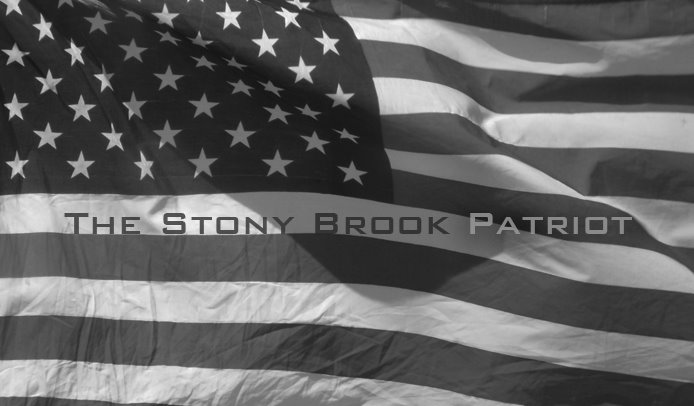
The United States Supreme Court ruled 5-4 last week to strike down the District of Columbia's handgun ban. In doing so, the Court maintained the Second Amendment's guarantee of the right of the people to keep and bear arms. So Charlton Heston joined the Founding Fathers in applause and D.C. brass was left with egg on their faces. More seriously, the Court ruled that the Constitution is not to be sidestepped in matters of personal freedom. The existing ban on handguns in the capital was unconstitutional, as per the Court.
Justice Scalia, who wrote the opinion of the court, interpreted the right of the people to bear arms as an individual right, contrary to a previous ruling where collective right was guaranteed. The Second Amendment now guarantees the right of gun ownership to individuals. Scalia wrote that the two parties to which the Second Amendment refers, the people and the militia, are two separate entities and are to be treated as such when interpreting the amendment's purpose. Scalia said the the militia is a specific subset of the population. The people, on the other hand, are individuals and are not to be included in a subset population. This, in effect, guarantees gun ownership to both groups and individuals, alike. Keeping with this interpretation, the Court ruled the handgun ban unconstitutional because it suppressed the right of individuals to bear arms. Scalia was joined in opinion by Justices Thomas, Alito, Kennedy, and Chief Justice John Roberts.
Scalia's opinion, dealing first with interpreting the Second Amendment, turned to the law. He wrote, "The handgun ban amounts to a prohibition of an entire class of "arms" that is overwhelmingly chosen by American society for [self-defense]." Scalia continued to say that handguns are the most preferred weapon for self-defense, and any law banning their use is "invalid."
Justice John Paul Stevens drafted the primary dissenting opinion. Stevens, along with Justices Ginsberg, Souter, and Breyer, viewed the handgun ban in question as legal pertaining to the Second Amendment. "Specifically, there is no indication that the Framers of the Amendment intended to enshrine the common-law right of self-defense in the Constitution," wrote Stevens. Stevens' dissent explicitly states that the "people" referred to in the Second Amendment are restricted to the "well-regulated militia" also included in the amendment text.
Justice Steven Breyer joined Stevens in drafting a dissenting argument. Breyer contends that the Court must prove that the handgun ban is "unreasonable or inappropriate in Second Amendment terms," which, he says, they cannot.
Owing to the thin margin in the Court's opinion and the public outcry that has erupted as a result, gun-control is a hotly contested issue in politics. It is safe to assume that the two sides of the argument are split right down the middle, with half on each side. However, regardless of individual opinion of handguns, the Constitution is absolute. It exists as the axis around which this nation was founded. In a sense, the argument isn't about handguns, but rather about the flexibility of the Constitution. As a tangible object, it is merely a few pieces of paper with ink scattered about. But as an institution, it is a megalith as old as old as the country it built. Centuries after its inception, the Supreme Court continues to uphold the freedoms guaranteed by the Constitution -- and for good reason.

No comments:
Post a Comment